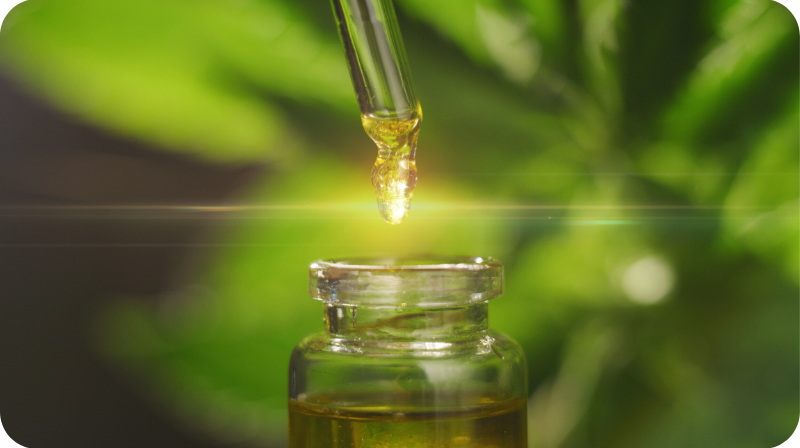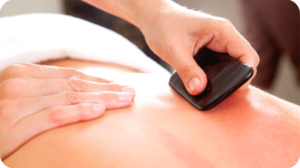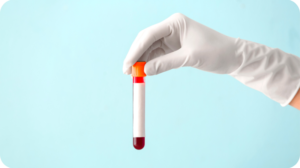The potential health benefits of cannabidiol (CBD) continue to be researched and hyped in equal measure. CBD has shown promise as an anti-inflammatory, pain fighter, sedative, anxiety reliever and more. However, few of those possible uses have been conclusively proven. Still, thousands of individuals have found CBD helpful in managing pain, getting better sleep, and other uses.

However, using CBD remains a challenge, not least because CBD product labeling is often deceptive. A recent South African study testing the actual amount of CBD in products found that almost all of the test samples contained considerably less (more than 90 percent less, in several cases) CBD than stated on the label. Mislabeling was particularly rampant in CBD-containing oils.
Several American studies have found similar differences in labeled amounts of CBD products. This, despite the FDA regulating label claims. The hard truth is that enforcement of labeling standards is not as robust as it could be.
That all begs the question: how to buy wise and protect yourself as a consumer seeking quality CBD products?
Tips for Buying Reputable CBD Products
Aside from the simple and understandable desire to get what you pay for, finding products that actually contain the amount of CBD stated on the label is essential given the nature of the compound itself. CBD is “biphasic”, which means that too much is just as ineffective as too little. Experimentation is key in determining just how much will work for you. Those amounts will also differ based on whether you’re looking for a sleep aid, hoping to reduce chronic pain, or using CBD for another purpose. Any use requires that you know exactly how much you’re taking. Here’s how to be sure:
- Shop at a dispensary. Dispensaries are licensed by the state and rely on repeat business. In short, they have a big financial stake in selling products that work. Many dispensaries have relationships with farms, manufacturers, and distributors. Those connections allow them to closely monitor product quality, including the amounts of the active ingredients in products like gummies and tinctures.
- Get a COA. Reputable supplements of any kind, including CBD products, are tested by an independent laboratory. The results will be included in a Certificate of Analysis (COA), which will not only verify the amount of CBD in the product, it will also list other ingredients, including potential contaminants. Reputable companies make the COAs for their products available on their websites. Any independent laboratory should follow the guidelines of the International Organization for Standardization, which establishes baselines for trustworthy products and services.
CBD potentially offers multiple health benefits, but those effects will be unique, person to person. That makes knowing the amount of CBD in the product you’re considering essential. Shop wisely. But before you start, consult your primary healthcare provider about adding CBD into your regimen. The compound can interact with certain prescription drugs, making them more or less powerful. It is also never a good idea to buy CBD products online or through the mail; they remain illegal in some states.





